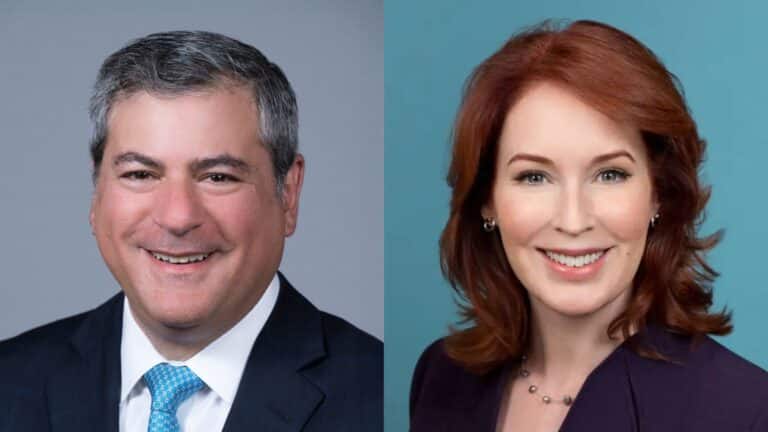Washington, D.C. – Dr. Melissa Lott, Director of Research and Senior Research Scholar at the Center on Global Energy Policy (CGEP) at Columbia University SIPA, will testify before the Senate Energy and Natural Resources Committee on Thursday, June 1, 2023. The hearing will examine the reliability and resiliency of electric service in the United States in light of recent reliability assessments and alerts.
With almost 20 years of experience as an engineer and advisor in the energy sector, Dr. Lott is internationally recognized for her groundbreaking work in the electricity and transportation sectors. Currently, she serves as the co-leader of the Power Sector and Renewables Research Initiative and the Acting Director of the Carbontech Development Initiative at CGEP. In 2022, she was selected to serve on the United Nations Council of Engineers for the Energy Transition (CEET) as an independent advisory council to the UN Secretary-General.
“I am honored to be invited to testify before the Senate Energy and Natural Resources Committee,” said Dr. Lott. “Ensuring the resilience of our electric grid is paramount for the well-being of our economy, public health, national security, and for the everyday lives of American citizens. I look forward to sharing in-depth research and policy insights on critical reliability and resilience issues on behalf of the Center on Global Energy Policy and collaborating with policymakers to address these critical issues.”
Additional witnesses include Manu Asthana, President and CEO of PJM Interconnection; Jim Robb, President and CEO of North American Electric Reliability Corporation; and David J. Tudor, CEO of Associated Electric Cooperative Incorporated.
The hearing will be live streamed at 10:00am ET on the Senate Energy and Natural Resources Committee website. Dr. Lott’s oral and written testimonies will be available at energypolicy.columbia.edu on June 1.






